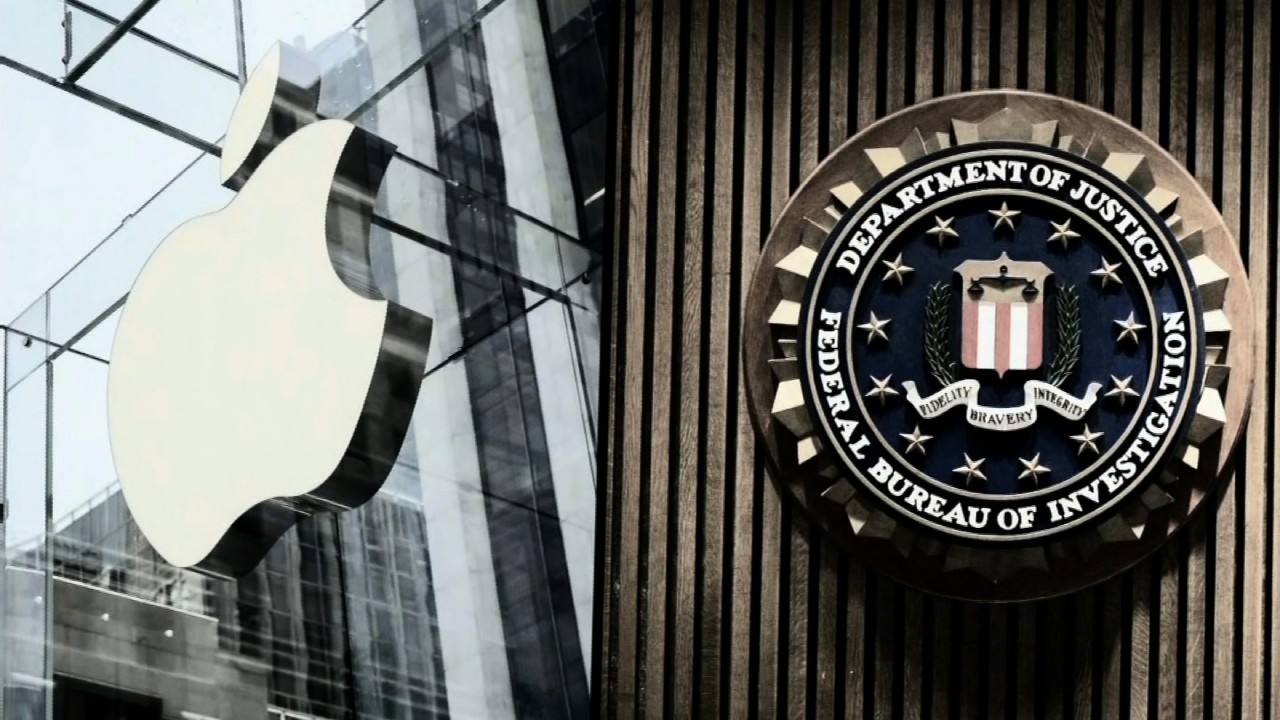The US Department of Justice (DOJ) filed a lawsuit against Apple on March 21st, accusing the tech giant of wielding an unfair advantage in the smartphone market. The lawsuit alleges Apple's practices stifle competition and harm consumers by limiting choice and potentially inflating prices.
The crux of the case hinges on Apple's control over the iPhone ecosystem. The DOJ contends that Apple's tight grip on both hardware and software – iPhones and the App Store – creates an environment where competitors are effectively shut out. The lawsuit details a multi-pronged approach Apple allegedly takes to maintain its dominance, including restrictions on third-party app functionality and mandatory use of Apple's payment system within the App Store.
This isn't the first time Apple has faced antitrust scrutiny. Notably, the ongoing legal battle with game developer Epic Games centers on similar app store practices. However, the DOJ lawsuit takes a broader view, arguing that Apple's control extends beyond the App Store, impacting the entire smartphone experience.
One specific point of contention raised by the DOJ is Apple's iMessage messaging service. The lawsuit argues that Apple intentionally disadvantages messaging apps from competing platforms by making iMessage appear superior. For instance, text messages between iPhones (using iMessage) appear as blue bubbles, while texts to Android devices (using SMS/MMS) appear as green bubbles. This distinction, the DOJ claims, creates a social pressure to use iPhones to maintain seamless communication.
Apple has vehemently denied the allegations, stating the lawsuit is "wrong on the facts and the law." The company maintains that its practices promote user privacy and security, while also fostering innovation within the App Store.
Joining the DOJ in the lawsuit are 16 state attorneys general, signaling a broader concern about the potential anti-competitive effects of Apple's dominance. The outcome of this legal battle could have significant ramifications for the entire smartphone industry. If the DOJ prevails, Apple may be forced to alter its practices, potentially leading to a more open and competitive market for app developers and smartphone users alike.

